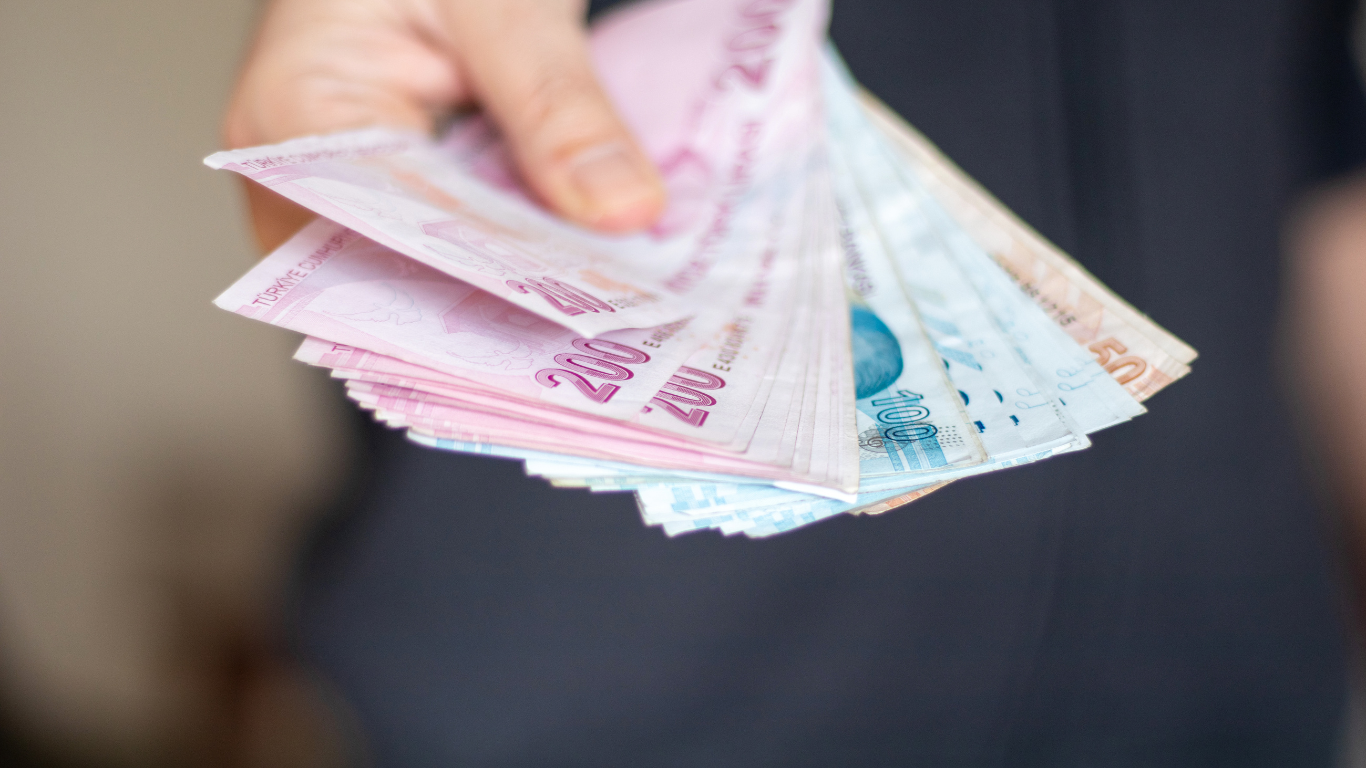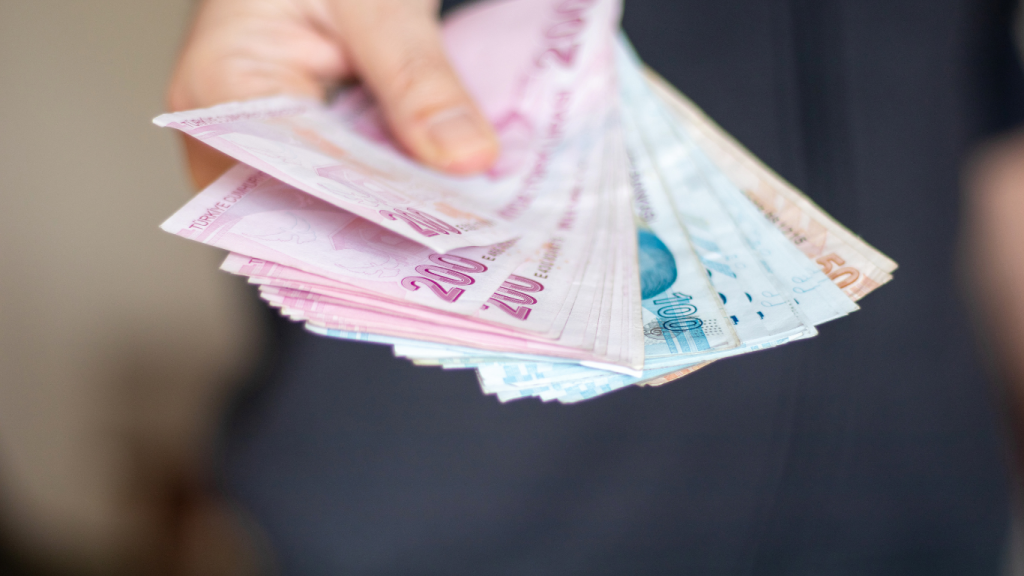

The tax increases are the latest in a series of measures that the Erdoğan government has taken to raise revenue as the economy struggles with soaring inflation and a currency crisis.
Turkish President Recep Tayyip Erdoğan has signed a series of presidential decrees that raise the value-added tax (VAT) rate from 18 percent to 20 percent and increase public fees by 50 percent.
The decrees, which took effect immediately on July 7 also raise the revenues from betting to 10-15 percent and the Banking and Insurance Transactions Tax on consumer loans to 15 percent.
Erdoğan’s government says the increases are necessary to help fund the recovery from the two major earthquakes that struck Türkiye in February, which killed more than 50,000 people and left millions homeless. The government has estimated that the cost of rebuilding will be more than 100 billion US Dollars.
The VAT increase is the latest in a series of measures that the Erdoğan government has taken to raise revenue as the economy struggles with soaring inflation and a currency crisis.
At the beginning of the week, the government conveyed a draft bill to the parliament that stipulated a 5 percentage point increase in corporate tax and doubling the motor vehicle tax.
Before introducing the bill, AKP Parliamentary Group Chair Abdullah Güler said that they envisaged the new regulations by “taking into account that the share of some tax amounts in GDP has decreased.”
In recent months, the government has also raised taxes on alcohol, tobacco, and luxury goods.
Critics to the tax increases
Treasury and Finance Minister Mehmet Şimşek has defended the tax hikes, saying they are necessary to restore fiscal discipline and bring inflation down.
“We are restoring fiscal discipline, gradually tightening monetary policy, and implementing structural reforms,” Şimşek said in a social media post on July 6 after bill was introduced.
“Restoring fiscal discipline; that is, reducing the budget deficit to a level in line with the Maastricht criteria, excluding the earthquake effect,
Gradual monetary tightening and an income policy consistent with the inflation target to bring inflation down to single digits in the medium term,
Structural reforms that will make macro-financial stability and all other gains permanent,” he said.
Experts are divided on the impact of the tax hikes. Some believe that they will help to reduce the budget deficit, while others believe that they will only add to the financial burden on people and accelerate the rise in inflation.
The extent to which the revenue that the tax rain will generate for the Treasury will contribute to the budget deficit is being debated.
It is estimated that the increase in VAT will generate approximately 30 billion TL budget revenue. The increase in corporate tax will generate 100 billion TL. And the increase in Motor Vehicle tax will generate 40 billion TL. It is estimated that this revenue will contribute around 2 percent to budget revenues.


